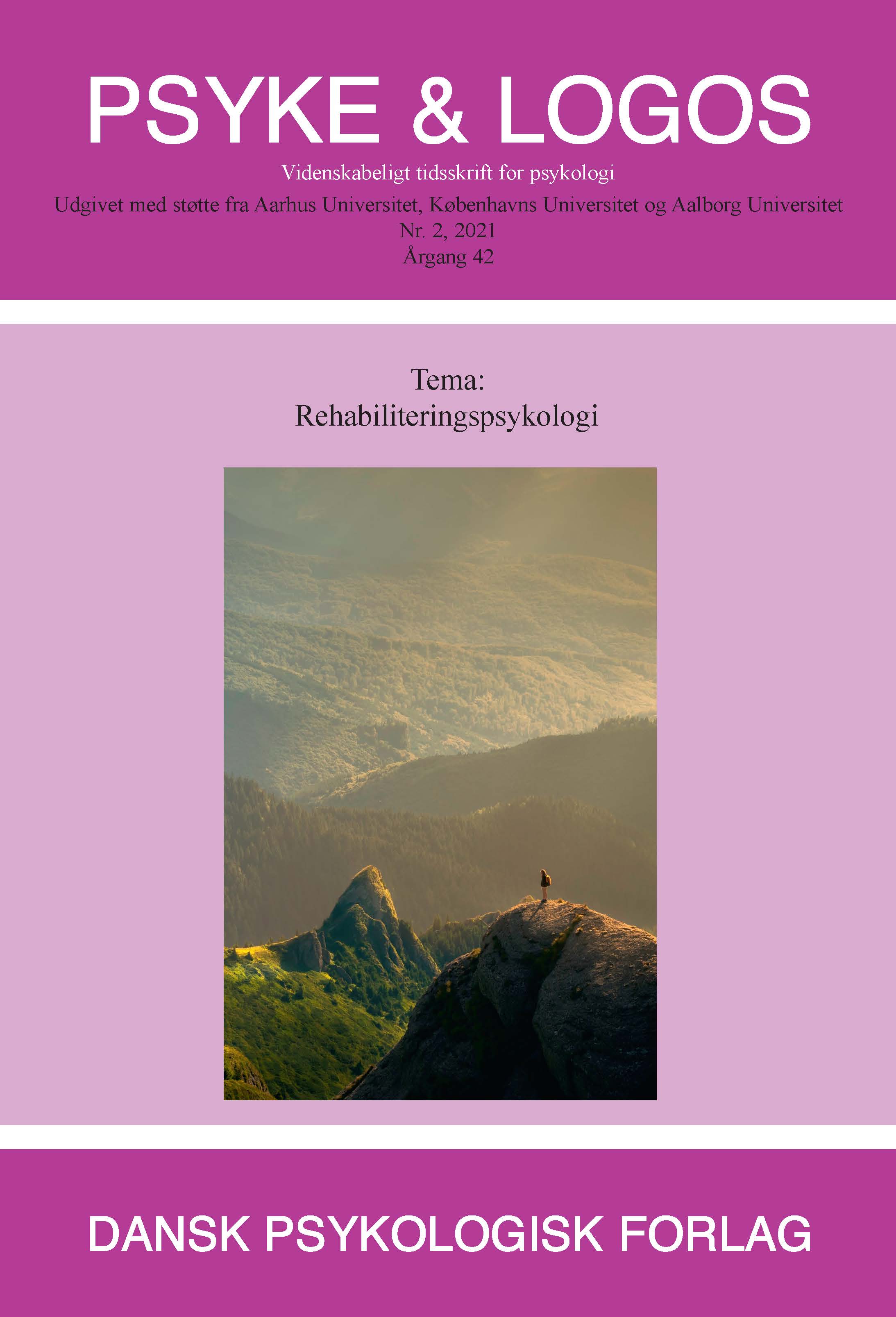Psychotherapy for rehabilitation of parents of children with Anorexia nervosa
A case study
DOI:
https://doi.org/10.7146/pl.v42i2.131119Keywords:
cybernetic psychotherapy, rehabilitation, parents of seriously ill children, anorexia nervosa, systems theory, phenomenologyAbstract
In an auto-ethnography narrative case example, I describe in this article how serious illness in children and adolescents can influence the parents’ wellbeing and mental state, and how psychotherapy with parents can contribute to their rehabilitation, and influence their quality of life, resources as parents, and thus the situation of the ill child. Single parents are particularly at risk of being worn out by children’s serious illness, and the case example is fouryear cybernetic psychotherapy with a single mother of a teenage daughter with anorexia. I unfold the case example in a cybernetic systems perspective focusing on dynamics and changes in the parent’s and the ill daughter’s situation intersecting between family- and healthcare systems, and in a phenomenology- based focus on intra- and inter-personal, often unconscious, lived experiences, motives, standards, and dynamics, and their impact on the scope for action in the situation. The course of disease and treatment led to long-term changes in the mother – her life was stretched between anxiety and hope, with a reduced stress threshold, exhaustion, loneliness, and grief. The work of the therapy provided opportunities for self-regulation and acceptance of her own needs and standards of motivational care and caring control in the treatment of the daughter’s disease, and resources for self-organisation and changes in important family relationships and opportunities in relation to the treatment system.
Downloads
Published
How to Cite
Issue
Section
License
Ophavsret er tidsskriftets og forfatternes. Det er gældende praksis, at artikler publiceret i Psyke & Logos, som efterfølgende oversættes til andet sprog, af forfatteren frit kan publiceres i internationale tidsskrifter, dog således at det ved reference fremgår, at den oversatte artikel har et forlæg i en dansksproget version i Psyke & Logos. Artikler kan frit deles og linkes til på forsknings- og undervisningsnetværk (så som Blackboard). Link foretrækkes, fordi det giver oplysning om brug af tidsskriftets artikler.




